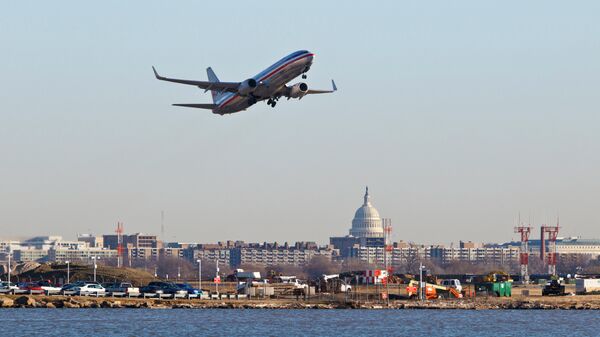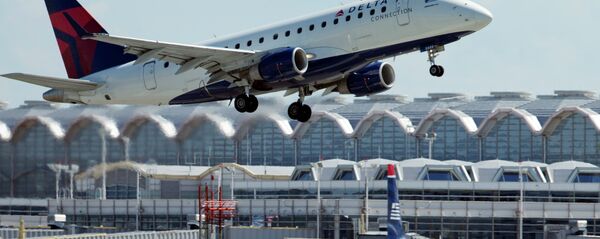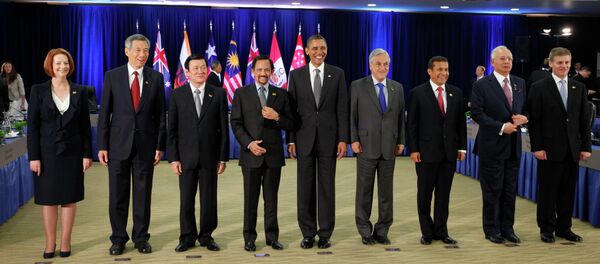"The federal government has provided large financial resources in support of commercial aviation since 1918," reads the US Congressional Research Service (CRS) report, dated February 1999.
The CRS study conservatively estimated that between 1918 and 1998, the federal government spent $155 billion in aviation support. The 20-page report was never published, but was released by WikiLeaks in 2009.
Six years later, the Business Travel Coalition (BTC), which backs retaining Open Skies agreements, has revived the report to counter US carriers’ charges that their Gulf counterparts received $42 billion in unfair government subsidies between 2004 and 2014.
While much of the direct federal spending was funneled to the Federal Aviation Administration and not the airlines directly, a large sum, including some of the $928 million allotted to the loan guarantee program from 1957 to 1984, went directly to the airlines.
"A central argument of some US airlines seeking government protection from foreign competition is that the Persian Gulf States have been inappropriately and unfairly helping the Gulf carriers become established with financial aid," BTC chairman Kevin Mitchell said in a statement. "What this report shines a bright light on is the simple fact that government assistance has long been provided on a very large scale to airlines around the world, including in the US."
"What’s more," Mitchell continued, "the US government, fully cognizant of this reality, endorsed an Open Skies policy over two decades ago that, while it provides sufficient flexibility to deal with major market distortions, is not premised on the complete absence of government aid to aviation, much less on some subjectively-perfect level playing field."
American Airlines, Delta, and United recently forwarded a 55-page report to the Obama administration, complaining that the billions that Emirates, Etihad, and Qatar airlines allegedly received in subsidies creates an unfair advantage in international travel markets.
The three domestic carriers are looking to have the Open Skies Agreement – which allows airlines to fly to any country without government interference – reviewed and amended.
The US Travel Association, which sides with the BTC when it comes to maintaining the current Open Skies agreement, said the US airlines have adopted a hypocritical position.
"The Big Three U.S. airlines have constructed themselves an enormous glass house, and their amnesia about their own subsidies has now cost them the credibility of their own core argument for breaking Open Skies agreements," Jonathan Grella, US Travel spokesman, said in a statement.
He added that "the Big Three airlines hate competition, and rather than cope with it in the marketplace they will undertake extreme means to stamp it out politically."
The Partnership for Open and Fair Skies, the airline and union coalition fighting the Gulf carriers’ subsidies, rejected the report as "laughable."
"Funding for air mail, Post Office support, and the National Weather Service is a far cry from the well-documented $42 billion dollars in direct subsidies and other unfair state support the Middle East carriers receive," Jill Zuckman, Partnership for Open and Fair Skies spokesperson, said in a statement.
"It is a shame that the US Travel Association and the Business Travel Coalition are acting at the behest of funders friendly to the Middle East carriers and their governments, rather than in the best interests of American jobs, consumers and companies."





